
Divine Comedy. Epic poem written by Dante Alighieri between 1308 and his death in 1321. Journey of Dante through the Hell, guided by the Roman poet Virgil. Engraving by Gustave Dore. Colored. - SuperStock

Bust statue of dante alighieri. sculpture in villa borghese park, rome. Bust statue of dante alighieri (1265–1321), a major | CanStock
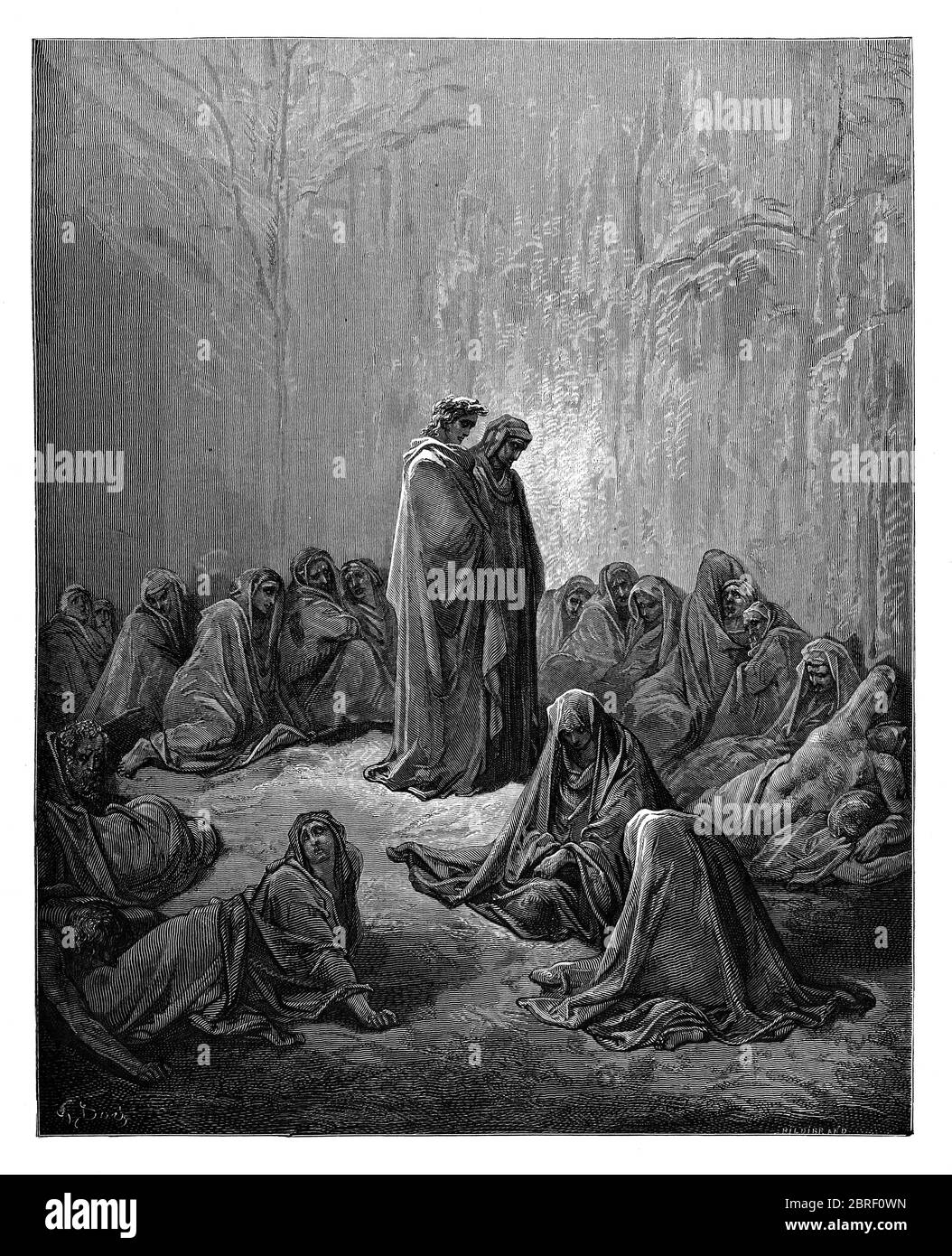
Purgatorio ("Purgatory") is the second part of Dante's Divine Comedy, following the Inferno, and preceding the Paradiso. The poem was written in the early 14th century. It is an allegory telling of


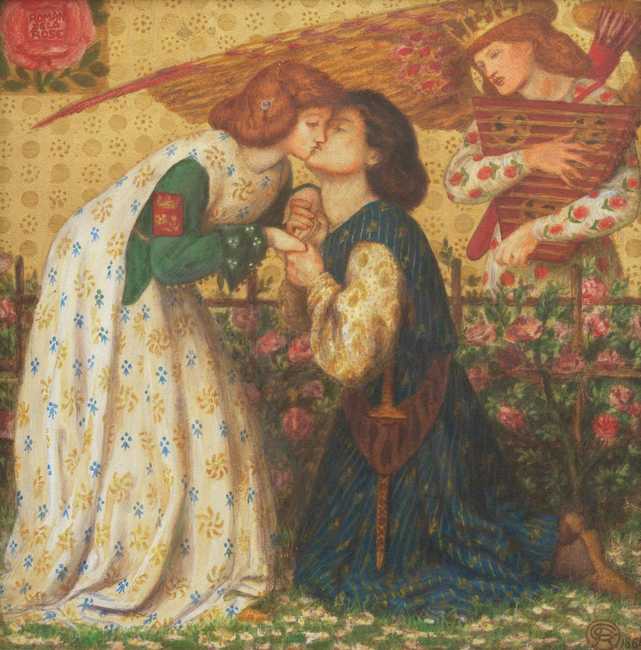

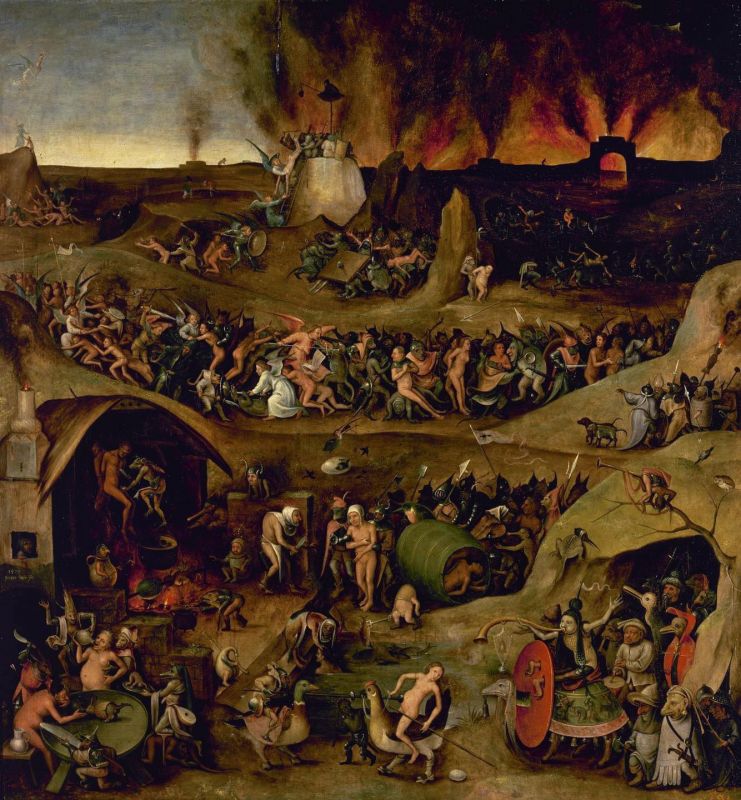




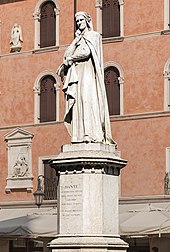
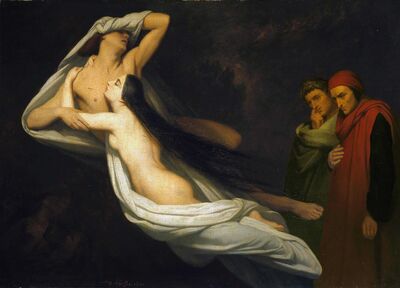

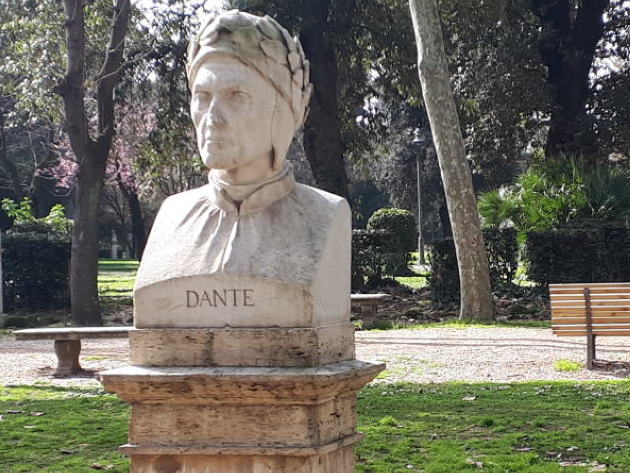
.jpg)


